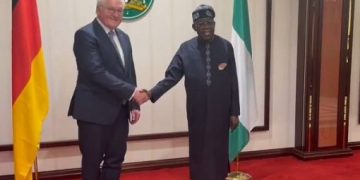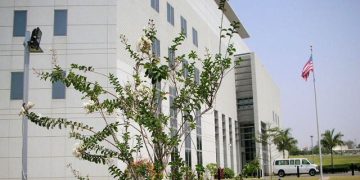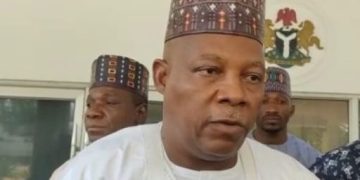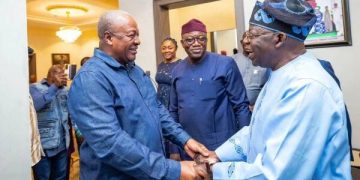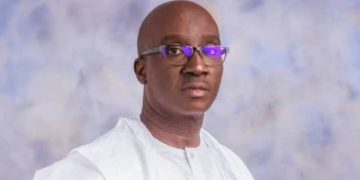Pope Francis on Sunday arrived in Canada to apologise to residential school survivors on their lands for the Catholic Church’s operation of residential schools throughout the country.
The Pope will make three stops in the course of his five-day tour of Edmonton, Alberta, the province that hosts the most residential schools in Canada.
The Pontiff will also stopover in Quebec City, Montreal, for “an eastern hub”; and Iqaluit, Nunavut in the Canadian Arctic Archipelago, home to the largest congregation of Inuit people in Canada.
According to reports, Francis kissed the hand of a residential school survivor as he was greeted at the Edmonton, Alberta, airport by Indigenous representatives, Canadian Prime Minister Justin Trudeau and Mary Simon, an Inuk who is Canada’s first Indigenous governor general.
The gesture set the tone of what Francis has said is a “penitential pilgrimage” to atone for the role of Catholic missionaries in the forced assimilation of generations of native children.
Francis had no official events scheduled Sunday, giving him time to rest before his meeting Monday with survivors near the site of a former residential school in Maskwacis, where he is expected to pray at a cemetery and apologise.
Francis exited the back of his plane with the help of an ambulift, given his strained knee ligaments have forced him to use a wheelchair.
The simple welcome ceremony took place in airport hangar, where Indigenous drums and chanting broke the silence. As Trudeau and Simon sat beside Francis, a succession of Indigenous leaders and elders greeted the pope and exchanged gifts.
At one point, Francis kissed the hand of residential school survivor Elder Alma Desjarlais of the Frog Lake First Nations as she was introduced to him.
“Right now, many of our people are skeptical and they are hurt,” said Grand Chief George Arcand Jr. of the Confederacy of Treaty Six First Nations, who greeted the Pope.
“Yet he expressed hope that with the papal apology, “We could begin our journey of healing .. and change the way things have been for our people for many, many years.”
Indigenous groups are seeking more than just words, though, as they press for access to church archives to learn the fate of children who never returned home from the residential schools.
They also want justice for the abusers, financial reparations and the return of Indigenous artifacts held by the Vatican Museums.
Francis’ week-long trip — which will take him to Edmonton; Quebec City and finally Iqaluit, Nunavut, in the far north — follows meetings he held in the spring at the Vatican with delegations from the First Nations, Metis and Inuit.
Those meetings culminated with a historic April 1 apology for the “deplorable” abuses committed by some Catholic missionaries in residential schools.
The Canadian government has admitted that physical and sexual abuse were rampant in the state-funded Christian schools that operated from the 19th century to the 1970s.
Some 150,000 Indigenous children were taken from their families and forced to attend in an effort to isolate them from the influence of their homes, Native languages and cultures and assimilate them into Canada’s Christian society.
Then-Prime Minister Stephen Harper issued a formal apology over the residential schools in 2008.
As part of a lawsuit settlement involving the government, churches and approximately 90,000 surviving students, Canada paid reparations that amounted to billions of dollars being transferred to Indigenous communities.
Canada’s Catholic Church says its dioceses and religious orders have provided more than 50 million dollars in cash and in-kind contributions, and hope to add 30 million dollars more over the next five years.

